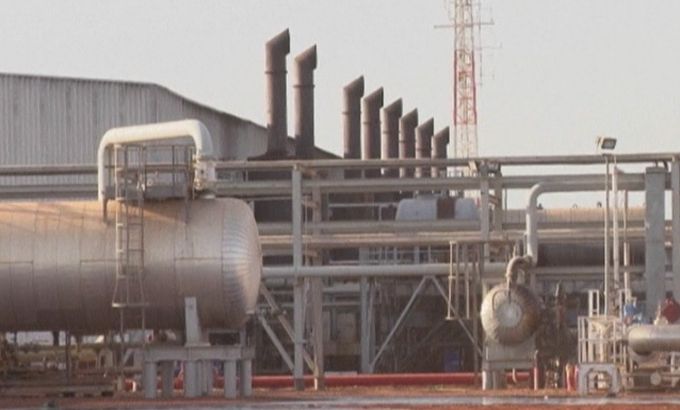Sudan and South Sudan oil deal applauded
US and EU praise profit-sharing agreement of oil revenues reached by two Sudans.

Leaders in the United States and Europe have praised the agreement reached by Sudan and South Sudan to end a drawn-out oil dispute that led to dire economic consequences and prompted fears of war.
US Secretary of State Hillary Rodham Clinton, who just visited South Sudan as part of her current trip through Africa, meted out praise to both countries.
“We praise the courage of the Republic of South Sudan’s leadership in taking this decision,” she said on Saturday.
“Now was the time to bring (the oil) impasse to a close, for the good of the people of South Sudan and their aspirations for a better future in the face of ongoing challenges.”
She pointed out that the agreement offered Sudan “a way out of the extreme economic stress it is now experiencing.”
“If Sudan would now also take the steps to peace in Southern Kordofan, Blue Nile and Darfur, and if it will respect the rights of all citizens, it can likewise give its people a brighter future,” Clinton said.
US President Barack Obama also hailed the agreement.
“The United States will continue to support efforts to advance a lasting peace for the people of Sudan and South Sudan,” Obama said in a statement. “I encourage the parties to build on the momentum created by these breakthroughs to resolve remaining border and security issues.”
The European Union’s top diplomat, High Representative Catherine Ashton, said she “welcomed the news”.
“I commend both governments for the spirit of compromise that made this agreement possible and hope that it will now be extended to other outstanding issues, including borders, Abyei and security arrangements,” Ashton added.
AU mediation
The breakthrough was announced early on Saturday, when lead negotiator Thabo Mbeki told reporters that “the oil will start flowing”, at a meeting of the African Union Peace and Security Council in the Ethiopian capital Addis Ababa.
The council had met to discuss how to solve the crisis between the two countries after they had failed to reach an agreement on security and oil before a United Nations Security Council deadline expired on August 2.
“The two parties have agreed on all of the financial arrangements regarding oil,” Mbeki, who is a former South African president, said.
“We now have to agree on when the oil companies should prepare for resumption of production and export.”
The AU-led negotiations have been ongoing since Juba gained independence from Sudan in July 2011. South Sudan took 75 per cent of the region’s oil resources when it seceded, while Sudan stayed in possession of the processing and exporting facilities.
In late January, South Sudan shut down oil production after Sudan confiscated $815m worth of South Sudanese crude, which it claimed was in lieu of unpaid fees.
In May, the UN ordered under threat of sanctions that the two sides cease hostilities, withdraw forces from the disputed Abyei border region and agree on oil fees in three months.
Late Friday, the AU extended the deadline to September 22, requesting that both sides promptly return to the negotiation table and finalise agreement on any outstanding issues.
“The final status of Abyei will be addressed next month at a summit meeting of the two presidents,” said Mbeki.
Any further negotiations have been suspended until the end of Ramadan later this month.